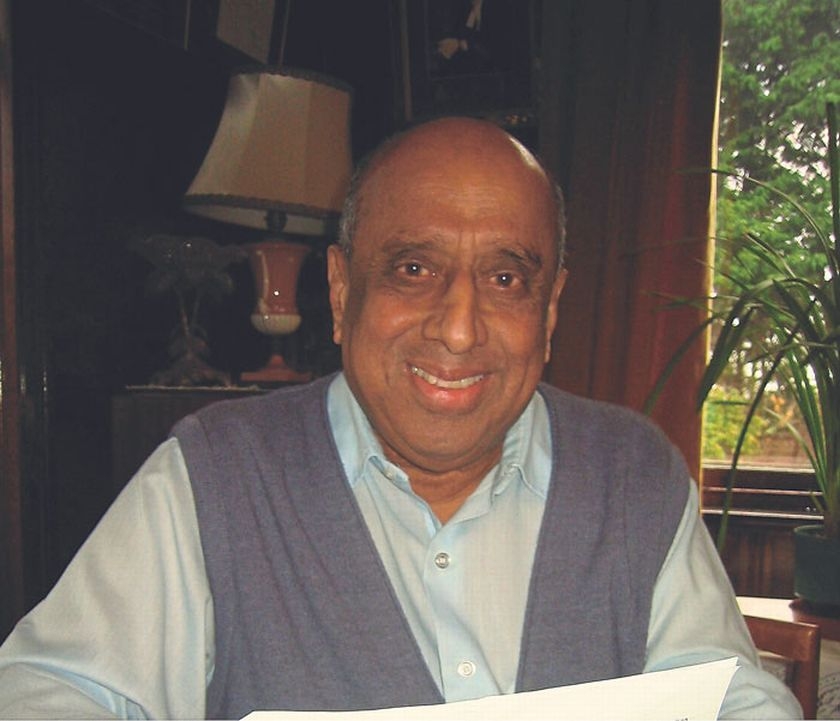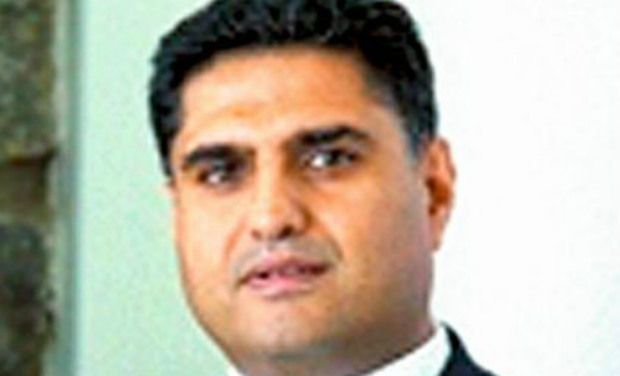Indra Nooyi is the Charman/CEO, PepsiCo, a highly profiled and globally acknowledged businesswoman. Indra has entered into popular culture as the self-made female CEO. Indra began her career in her native India, working at Johnson & Johnson and textile company Mettur Beardsell, after studying for a BS from Madras Christian College in Physics, Chemistry and Mathematics and an MBA from the Indian Institute of Management Calcutta. She moved to the USA in 1978 to study for a Master’s degree in Public and Private Management at Yale, interning at consultancy Booz Allen Hamilton during her studies. She then joined Boston Consultancy Group, followed by managerial positions at Motorola and Asea Brown Boveri, before joining PepsiCo in 1994.
At PepsiCo, Indra has headed up the company’s global strategy for more than a decade, as senior vice president of corporate strategy and development between 1996 and 1999, senior vice President and CFO of the company in 2000 and 2001, President and CFO from 2001, President and CEO from 2006 and CEO and Chairman from 2007. She has overseen major changes for the business, including the acquisition of Tropicana (1998), merger with Quaker Oats (2001) and divesture of the restaurant company later known as YUM! Brands, inc. (1997). 2010 saw the completion of PepsiCo’s $7billion takeover of Pepsi Bottling Group and PepsiAmericas, leading to the formation of the wholly-owned subsidiary Pepsi Beverages Company. The acquisition of Wimm-Bill-Dann Foods in 2011 was the company’s largest ever international takeover, making Pepsico the number one food and beverage provider in Russia.
Indra has a considerable public profile, being regularly ranked among lists of the world’s most powerful women, including in Forbes and Fortune – the latter naming her the most powerful woman in business each year from 2006-2010. Forbes also ranked Indra third in their list of ‘Most Powerful Moms’ and media attention often centres on her position as a role model for women (and mothers) in the business place. Honours and awards include her election to a fellowship at the American Academy of Arts and Sciences in 2008, being titled CEO of the Year in 2009 by the Global Supply Chain Leaders Group and being named in the Best CEOs list published by Institutional Investor in their All-America Executive Team Surveys from 2008 to 2011.
Indra is married to Raj K. Nooyi and the couple have two daughters. The family is based in Connecticut.
In own words, “I grew up in the south of India in a city called Madras, about 10 million people there, now it’s maybe 15 or more. And I grew up in a city where there was no water. Every morning, my mom would get up at 3:00 or 4:00 a.m. in the morning and she’d wait for the taps to start releasing water because the corporation would release water from the central reservoir and water would trickle in. My mom would find every pot and pan to fill water in and to give the kids and my dad three containers of water, which was your quota for the day. And you’d learn how to wash yourself, to clean yourself, your uniform had to be washed in it, everything with those three containers of water.”
“In the case of Gossip Girl, it really improved my standing with my kids because I never watched the show. I don’t even know what the show is about except that I got a little text from my daughter saying, “Mom, what happened? Why are you on Gossip Girl?” And I said, “Did I do something bad that they’re gossiping about me?” She said, “No, Blair wants to be like you.”
with me. If you think of a name like, you know, a simple name versus say name that’s kind of complicated like Indra Nooyi, I think it sounds a little bit more exotic. So, it has nothing to do with the person and all to do with the name. That’s my story, and I’m sticking with it.”
“I’m going to tell you something from first-hand experience. Of all the countries in the world, the US is still the most open and the most welcoming country bar none. I don’t see any evidence of anything changing in a meaningful way.”
“We need jobs and I am not talking about 5,000 or 10,000 jobs, we need several 100,000 jobs fast so that we get confidence back in the economy, we can get people back to work then have the multiplier effect of people going back into construction jobs and then the multiplier effect of them dragging other jobs with it.”
“Growing up in India, I had a long-distance love affair with America. I admired everything about this country — its ideals, its commitment to justice, equality and its willingness to break barriers.”
While Indra advises business people to be ambitious in their careers – “there are no limits to what you can do” – she argues that “it isn’t money, prestige, or power (which constitutes success) because net worth can never define self worth.” Rather people should work out what fulfils them personally – “devoting your time, your life, to doing what you love most.”
She also wants her company to make the world better and expand at the same time:
“I watched the incredible meltdown of the global economy because there was a singular flaw in capitalism. Capitalism lost its conscience. There was a maniacal focus on today; there was a maniacal focus on 24 hours out. People forgot what the consequences of each of their decisions would be for society at large because they didn’t worry about the stakeholders; they worried very narrowly about a narrow group of shareholders.
“So, performance of purpose was born, and performance of purpose only means deliver great performance while keeping an eye on all of the stakeholders. So, you as a company can do better by doing better. It is not corporate social responsibility. Every aspect of purpose delivers profit. When you use less water, you have lower costs. When you use less energy, you have lower cost. When you do a plant-based product, PET bottles and plastic bottles, you have less commodity volatility, you deliver more profit.
“Performance and purpose are linked; it is not corporate social responsibility. But it’s born out of a deep-seeded experience that I’ve had, and it’s also born out of the nature of society today.”
Indra has always stressed the importance of sustainable and ethical business, in part stemming from her childhood experiences: “you can’t have a large corporation using excess water in a town where there’s no water to eat or drink or live – I think that’s a fundamental problem with this.”
Behaving responsibly is, for her, entirely compatible with wider business goals: “Success comes with reaching out and integrating with the community…and giving back to the communities and neighbourhoods, more than what you took out of them.”
She particularly emphasises the importance of women being able to express and pursue their ambitions, listing her own mother as one of her “greatest role models”
For women to succeed in business she sees them as having to “help each other — coaching, mentoring, and providing tips.” She explains: “we all understand the issues we face. Many of us work in important jobs where we can also help other women navigate a world that is not so full of women.”
source: http://www.businessdayonline.com / Business Day / Home> Leading Woman / May 02nd, 2014

